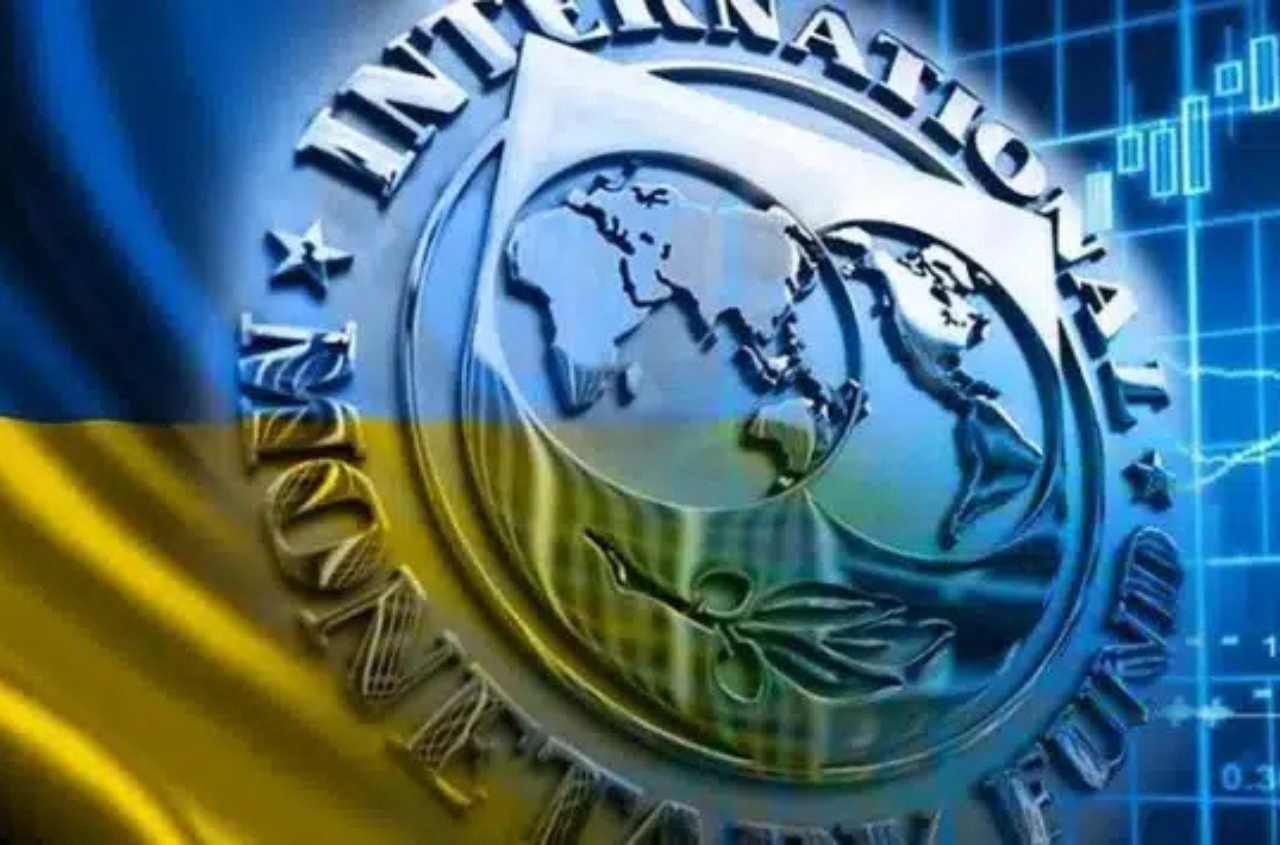"Viktor Orban felt that the time for his move had come. However, he understands that it's a marathon, not a sprint, and that achieving everything at once is not possible. Such understanding is necessary for us as well." This opinion was expressed by Pavlo Klimkin, a diplomat and former Minister of Foreign Affairs of Ukraine from 2014 to 2019.
"The threats to block the start of our EU accession negotiations and the allocation of 50 billion euros for the next four years are serious and should not be underestimated. That's why today, the President of the European Council, Charles Michel, is in Budapest. But Viktor Orban knows that it's not just about the upcoming EU summit in December. There is no 'all or nothing' in EU politics. This attitude is more characteristic of us. Moreover, the issue of 50 billion can theoretically be resolved without Orban, although it is undesirable.
Firstly, Orban senses that the rise of right-wing movements in Europe plays to his advantage. Furthermore, he will try to lead this process.
Secondly, delaying to wait for Republicans in the White House, with whom he has established connections, is also part of this game.
Thirdly, delaying Putin can also be 'sold,' and it will be. Moreover, it was almost certainly discussed at a recent meeting between Orban and Putin in Beijing.
Fourthly, in addition to the frozen funds in Brussels for Hungary due to violations of the rule of law, Orban wants to negotiate the distribution of candidates in the next European Commission. By the way, it will be formed during Hungary's presidency of the EU in the second half of next year.
There are many moments in Europe that seem to have aligned in Orban's favor. However, the EU cannot afford to appear weak. This (and more) makes me optimistic about the decisions by the end of the year.
Consensus is not the best and certainly not the simplest decision-making method, but so far, the EU has managed it. The next year will be a year of predictable and unpredictable surprises in numerous elections; starting it from a position of weakness is the worst geopolitical joke. We will also have to have a difficult conversation with Orban, and we must always remember that it is a marathon, and unfortunately, there will be many opportunities for him to throw obstacles in our way. Therefore, we need deliberate steps, not leaps into the unknown. Sprinting when everyone else is running a marathon is definitely not our best strategy. Orban has his strategy; we need our own, shared with other EU countries. Regardless, we need to start learning to build coalitions within the EU."





















